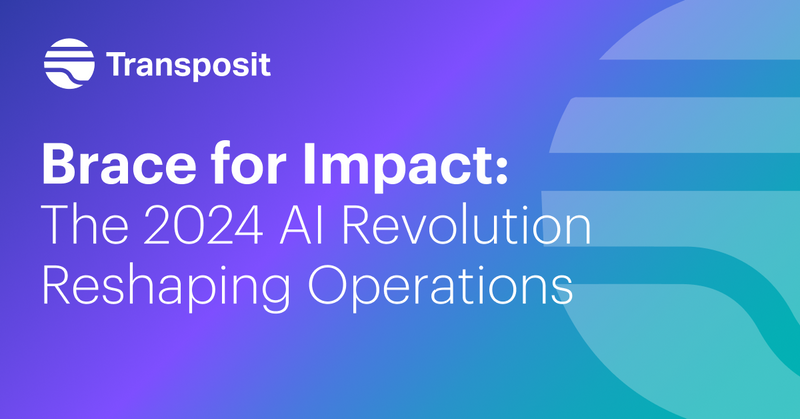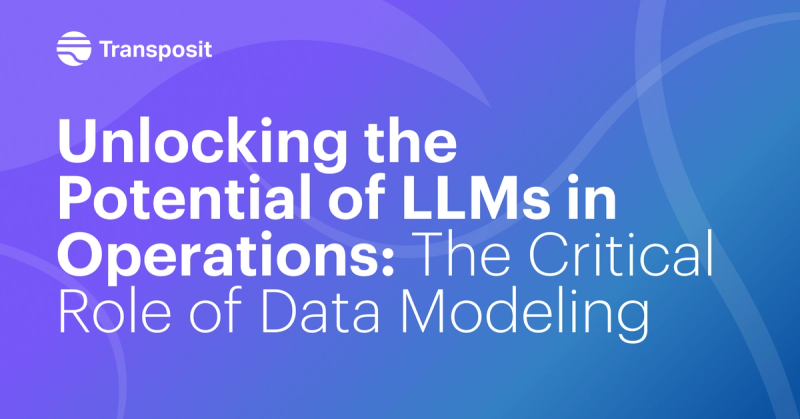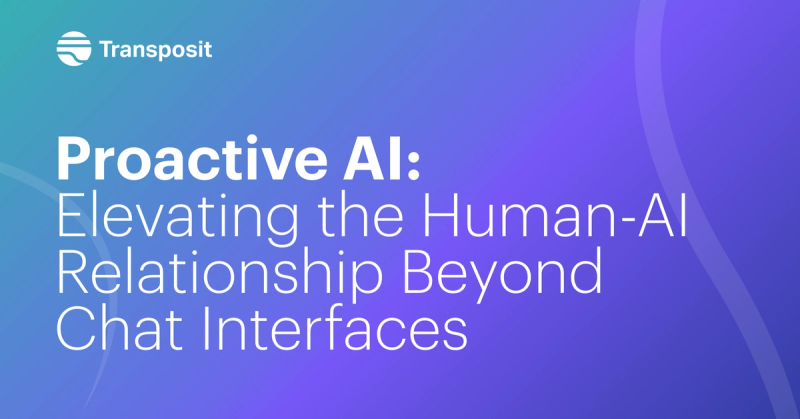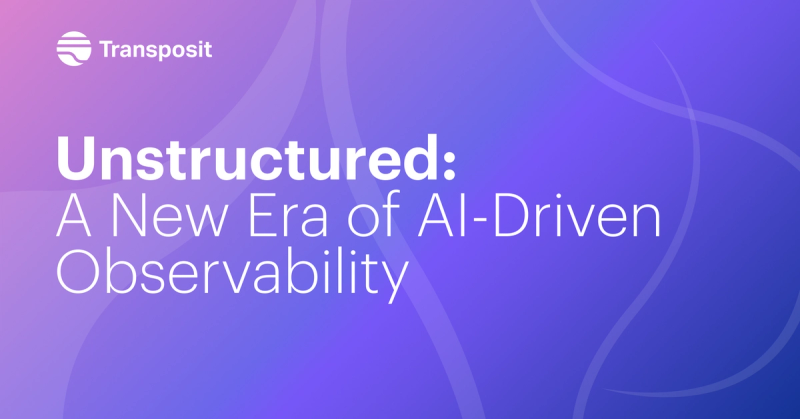Transposit CEO Divanny Lamas Screams in the Cloud With Corey Quinn
Divanny Lamas joins Corey Quinn for a provocative, humorous, and insightful podcast discussion.
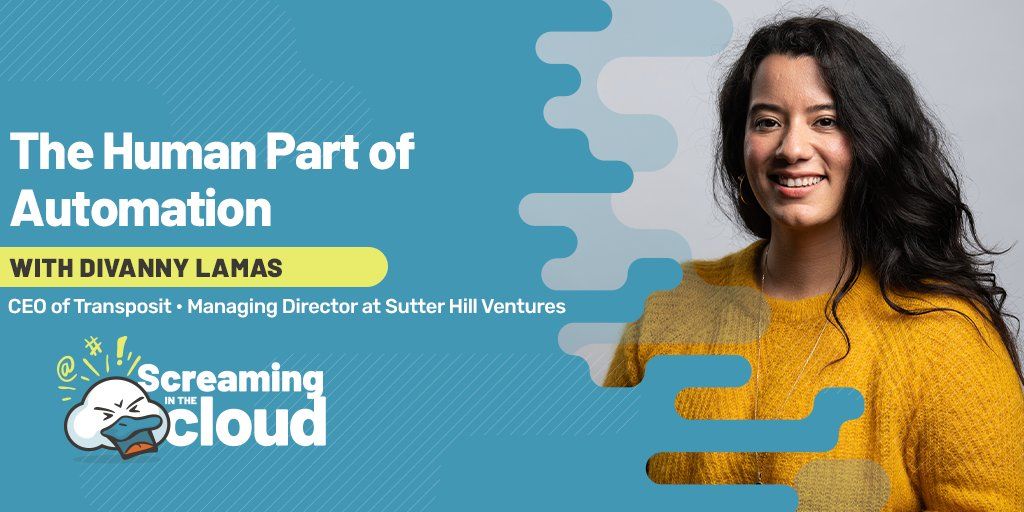
Transposit CEO Divanny Lamas joined cloud economist Corey Quinn on his podcast, Screaming in the Cloud. The two got real about the broken state of incident management, the rise of the platform team, and how humans and automation can play nice together. The two also discussed more important questions like if maybe we’re all just automatons, where you can buy a “DevOp,” and why (maybe, just maybe) companies should stop trying to do DevOps like Google and Facebook. It’s a juicy chat, filled with thought-provoking insights and lots of humor to lessen the blow that we all may, in fact, be automatons.
To give you a taste before listening to this podcast on the way to fill up on turkey and stuffing, here’s some highlights:
Automation With Humans in the Loop
Corey Quinn: Where does automation start and stop? Where do humans start and stop? What’s the hand-off look like?
Divanny Lamas: We like to think of human-in-the-loop problems, and human-in-the-loop problems are things that you can automate parts of and then enable humans to do their jobs faster. Let humans be good at what humans are good at. Humans are good at intuition, they’re good at context, they’re good at understanding pieces of data that might not have gone into the original analysis by the system. But they’re really bad at certain types of things like passwords, repetitive tasks, copying and pasting scripts. So we try to let humans be good at human stuff and let the machine be good at machine stuff.
Incident Management Is Fundamentally Broken
Corey Quinn: It seems that you are approaching this from a fundamental point of philosophical difference, specifically around the idea that the way that people handle incidents is broken. How did you get to that point? And what is it you think the rest of the industry’s missing?
Divanny Lamas: So much of the world is focused on that initial page. And a lot of people don’t think about humans. The types of skill sets that are required to run modern operations is a very rare skill set. There are a lot of companies that are trying to modernize but who don’t have an army of Kubernetes experts and who are instead trying to deal with that gap in knowledge. If you approach it from that perspective, where not every single person is an expert on day one, then the problems that you focus on are different. It’s really oriented around knowledge management. You start thinking about how to make someone who’s on-call for the first time productive at 3:00 AM? How do you make their experience a little bit less traumatic?
Dev, Ops, and the Platform Team
Corey Quinn: It’s easy to sit here and cast stones from where I sit at a 10-person company — I don’t work with a whole lot of regulated data or have a giant pile of process and control, and my upside risk is far greater than my downside risk. When a company grows, that changes significantly. The problem I see is at some point, you have to be much more cautious and cognizant of all the moving parts, and it feels like it’s not a particularly well-bounded problem. Which I guess naively leads me to believe that it’s not really a problem begging for an AI or ML solution. What am I missing?
Divanny Lamas: There are two really big pieces to the phrase “DevOps.” We’ve spent a lot of energy as an industry on the “dev” part. But the part that’s less paid attention to from a process perspective is “ops.” I don’t think it’s far off to say that most organizations are basically treating their SREs like sys admins that now have “engineer” in their title. It comes down to: how do you approach modern operations in a way that is cognizant of the importance of making sure that the system itself is helping manage the interplay between the dev and the ops sides, that you’re getting the right insights to the right people, and that you’re building continuous improvement into the process. Until now we’ve been papering over this problem with people and bodies. But not every company out there is going to build their own custom platform — it’s expensive, it’s hard. And so as an industry, we need to give people the right set of tools to be able to manage that, and ML or AI is not entirely the solution here. You can start off with much simpler concepts.

